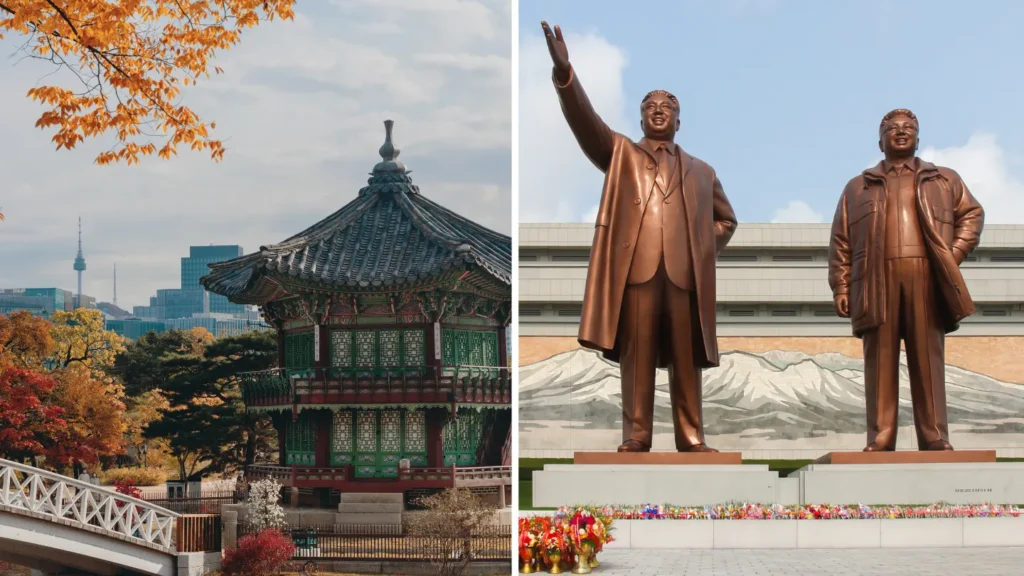
cover 69

cover 69
The early morning in Pyongyang begins with an unsettling tradition that unfolds before most of the world has even had its first sip of coffee.
At exactly 6 AM each day, a haunting melody echoes through the city, broadcasted via a vast network of loudspeakers lining the streets and alleyways.
While North Koreans have grown accustomed to this daily occurrence, outsiders perceive it as an eerily dystopian way to start the day.
Recently, clips of this peculiar music have gone viral on social media, sparking reactions such as, “This feels exactly like something from my dreams,” and “It sounds straight out of a creepy dystopian film.”
“I thought it was just background music added in post-production,” one YouTube user remarked after hearing the eerie tune in a documentary.
“But realizing that it actually plays through a citywide sound system makes it so much creepier. The sound takes on a haunting quality, almost as if it has a life of its own.”
The eerie daily alarm even featured in Channel 5’s Michael Palin in North Korea, where the Monty Python star described it as “the most peculiar wake-up call.”
Meanwhile, TikTok and Reddit users have drawn comparisons between the sound and both horror movie scores and surreal, dreamlike background noises.
“Eerie. That dystopian ambiance perfectly complements the sound of the city,” one social media user observed.
“It feels like a song that would play while wandering through a foggy forest, under the watchful gaze of a mystical predator,” another added.
Some admitted that hearing this tune during a sleep paralysis episode would be utterly terrifying.
While the melody carries a seemingly soothing quality, its electronic undertones create an unsettling mix of calmness and menace.
This otherworldly sound has deep historical ties to North Korean propaganda, serving as a meticulously crafted tool of influence.
An old song dating back decades provides the answer to this haunting sound, with some attributing its origins to a former supreme leader.
Titled “Where Are You, Dear General?”, this melancholic piece lasts six minutes and 30 seconds.
Reports suggest that Kim Jong-il composed the song in 1971 as part of his opera, A True Daughter of the Party.
The opera tells the story of Kang Yeon-ok, a North Korean army nurse who longs to meet Kim Il-sung—the founder of North Korea and father of Kim Jong-il.
Since its introduction in 2008, the song has become a daily ritual, played from the clock tower speakers at Pyongyang Railway Station.
Performed by the Pochonbo Electronic Ensemble, the modern electronic version of the song is said to be “heavily distorted and barely recognizable” compared to the original composition.
North Korea frequently integrates this song into national television broadcasts, making it a key component of its political messaging.
For citizens, the music serves a dual purpose: a daily wake-up call and a symbolic expression of loyalty to the nation’s leadership.
To outsiders, the concept of waking up to songs about a leader’s absence remains an unsettling and eerie tradition.